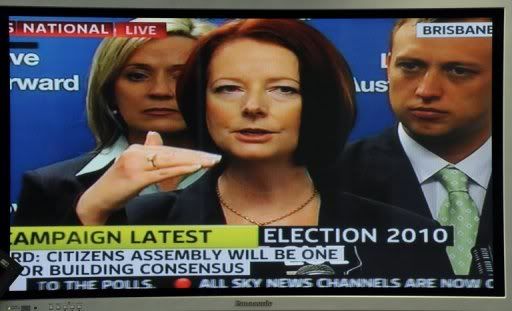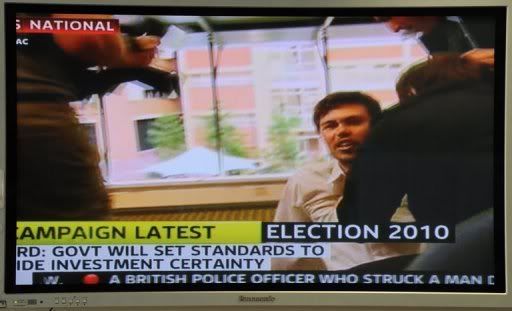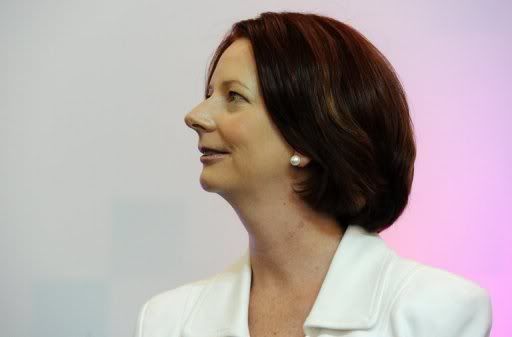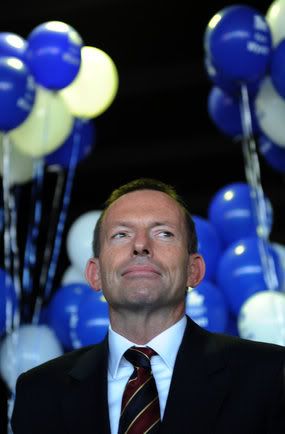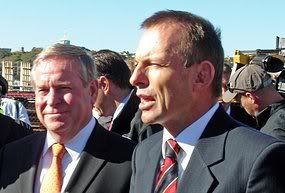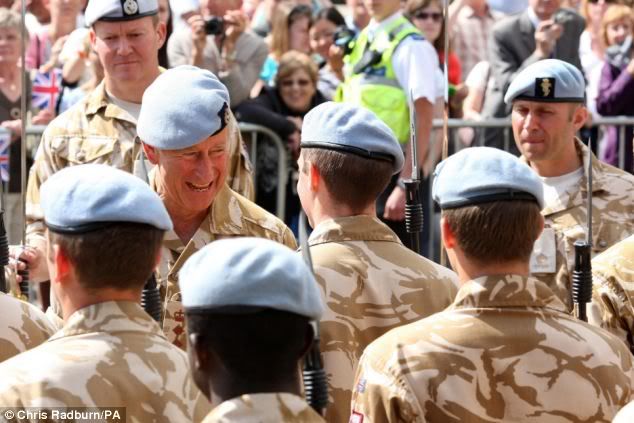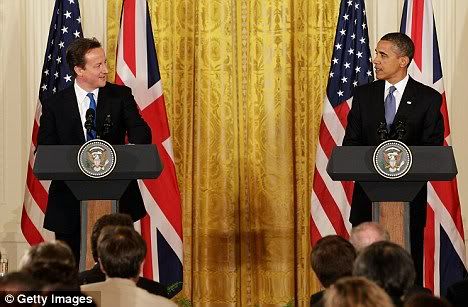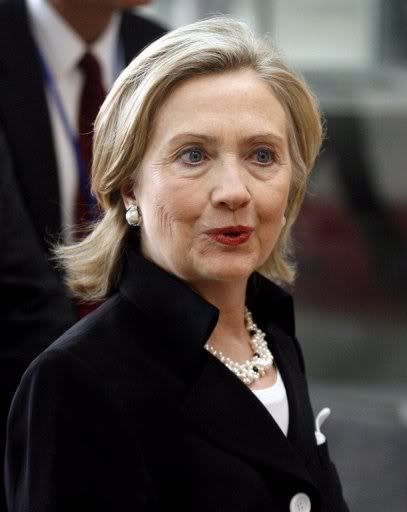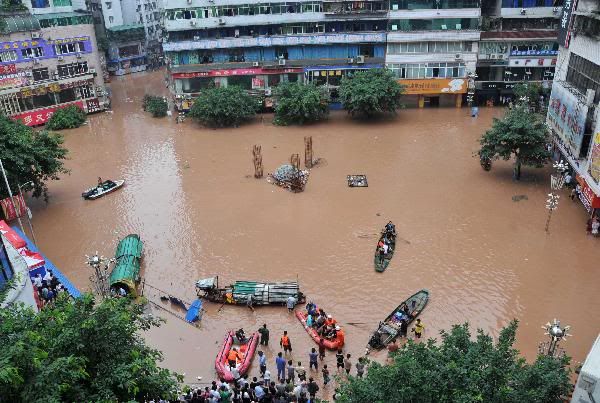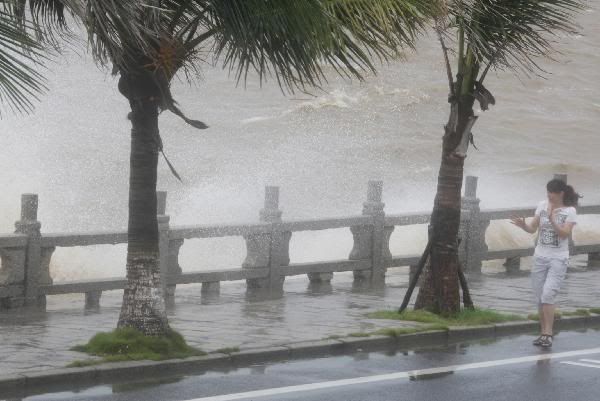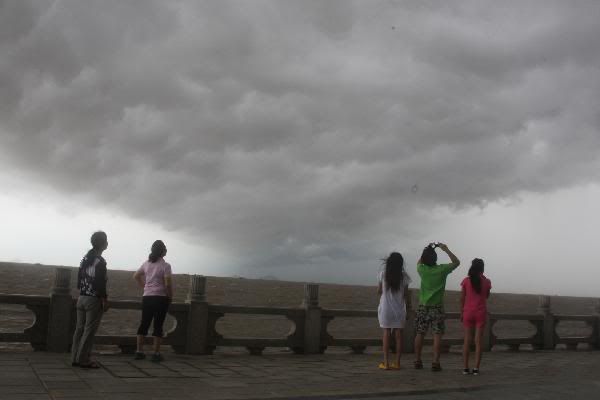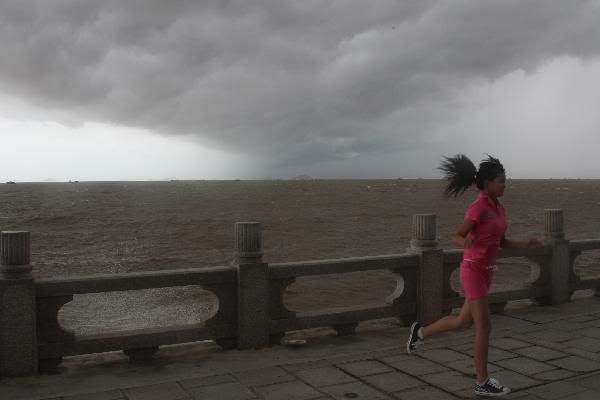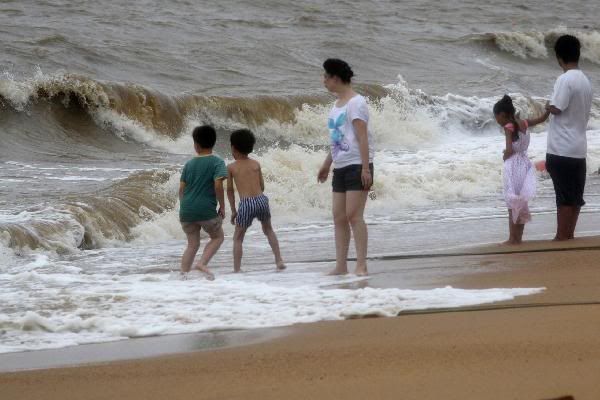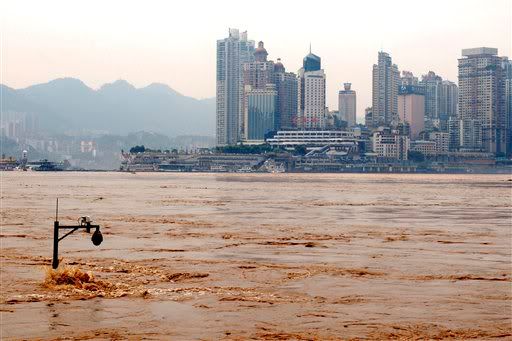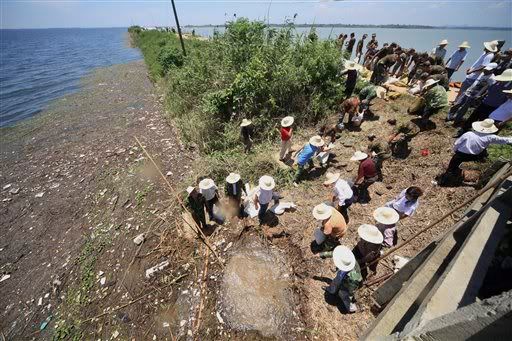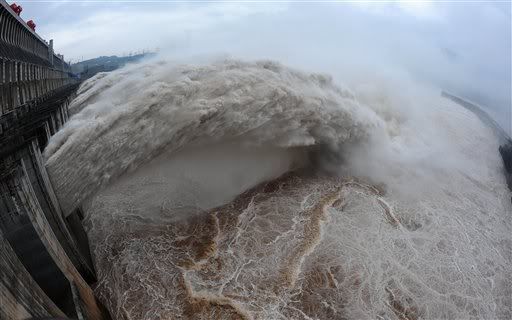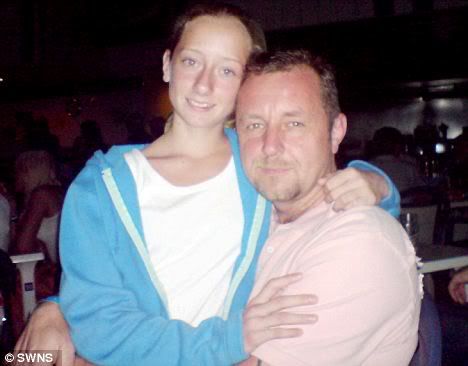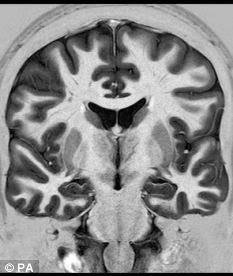BRUSSELS — The European Union reached agreement Thursday on a package of sanctions against Iran which targets Tehran's energy sector over its refusal to halt sensitive nuclear work, an EU diplomat said.
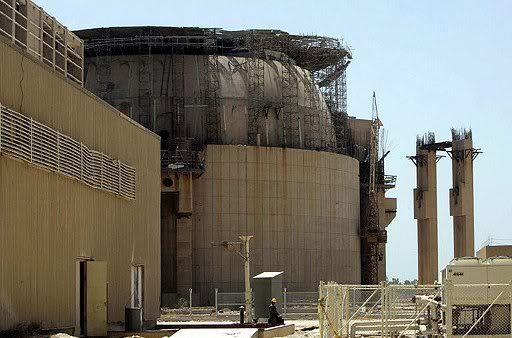
A general view shows the Bushehr nuclear power plant
Ambassadors from the 27 EU member states met in Brussels to endorse the sanctions, which include measures against the oil and gas industry and must be approved at a meeting of foreign ministers on Monday to come into force.
"The text on the restrictive measures against Iran have been adopted," the diplomat said on condition of anonymity.
The UN Security Council imposed a fourth set of sanctions on Tehran in early June, but EU leaders and the United States decided shortly after to impose their own penalties against the Iranian energy sector.
The sanctions are part of a twin-track approach with EU foreign affairs chief Catherine Ashton seeking to revive moribund talks between Iran and six world powers -- the United States, Britain, France, Germany, Russia and China.
Western powers have demanded that Iran suspend its uranium enrichment programme, fearing that Tehran would use the material to build a nuclear bomb. Tehran says that its atomic programme is a peaceful drive to produce energy.
EU leaders agreed at a June 17 summit to impose a ban on new investment, technical assistance and technology transfers to Iran's huge gas and oil industry, particularly for refining and liquefied natural gas.
Iran is the world's fourth largest producer of crude oil but it imports 40 percent of its fuel needs because it lacks enough refining capabilities to meet demand.
The US and EU sanctions, seen as much tougher than UN sanctions, were "expected to have a material impact on the country's energy industry," the International Energy Agency said.
The IEA noted that it was "significant" that China and Russia had agreed to back the UN sanctions but that those did not include specific measures aimed at Iran's energy sector.
The US and EU sanctions were harder, and "longer term, development of the country's oil and gas industry will clearly be adversely impacted", the IEA said. "Iran's growing gas and natural gas liquids projects are expected to be hardest hit."
The EU measures also target the Islamic republic's transportation, banking and insurance sectors, and slap new visa bans and asset freezes on the Islamic Revolutionary Guard Corps.
"These sanctions are suprisingly strong," said Mark Fitzpatrick, director of the nonproliferation programme at the International Institute for Strategic Studies in London. "They go much further than the UN sanctions."
Fitzpatrick added: "For the first time Iran will face biting sanctions that will significantly impact its economy."
The sanctions "could nevertheless give reasons to Iran to go back to the negotiating table," he said.
"In the past, Iran has always moved once it was under pressure of the international community."
EU foreign ministers, during their meeting on Monday, will urge Iran to set a date for new talks, according to draft conclusions obtained by AFP.
The last high-level talks between Iran and the six world powers were held in Geneva in October 2009 when the two sides agreed a nuclear fuel swap that has since stalled.
Iranian Foreign Minister Manouchehr Mottaki said last week that talks could begin in September after Ashton reached out to Iran's chief nuclear negotiator Saeed Jalili in a letter in June.
According to the draft conclusions, EU foreign ministers will call on "Iran to seize this opportunity to allay the concerns of the international community about its nuclear programme and agree on a concrete date for talks with the EU High Representative, together with the six countries."


